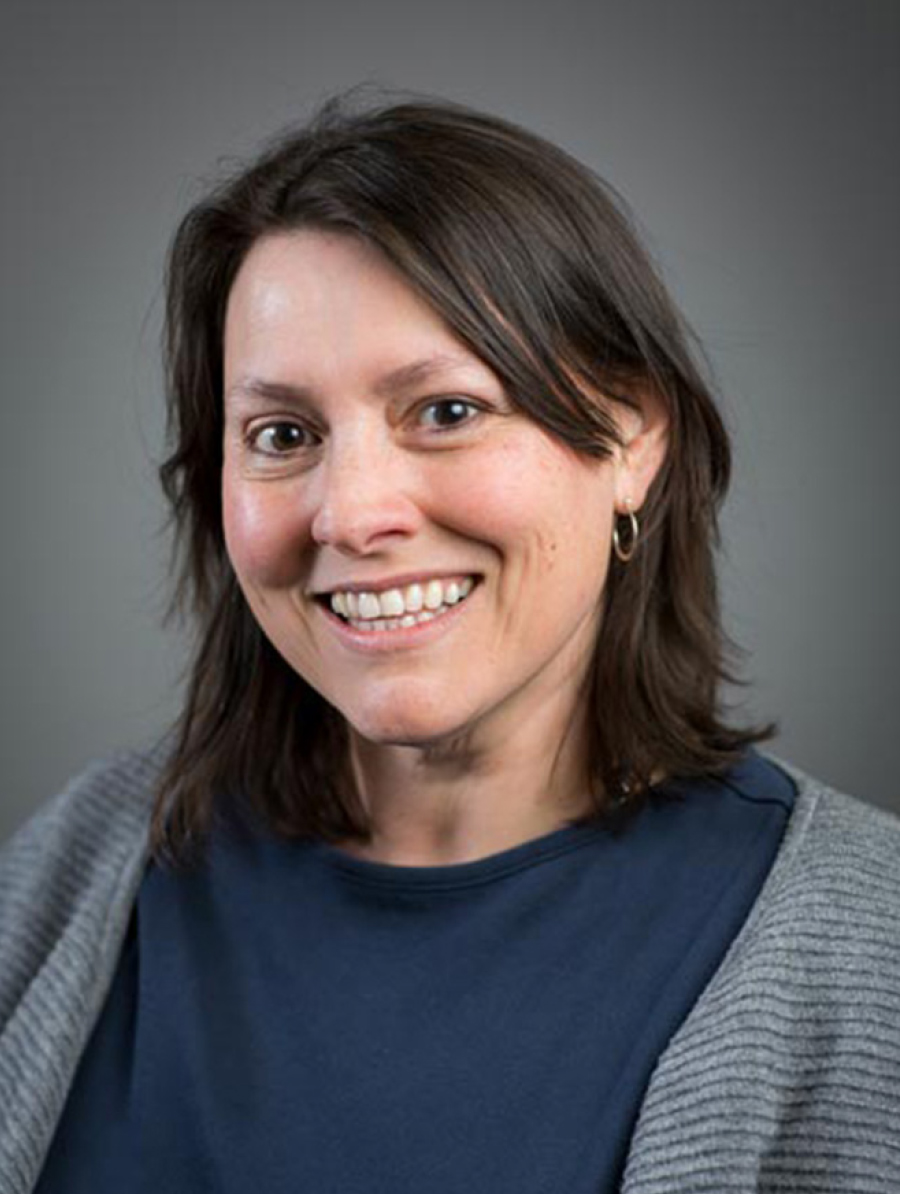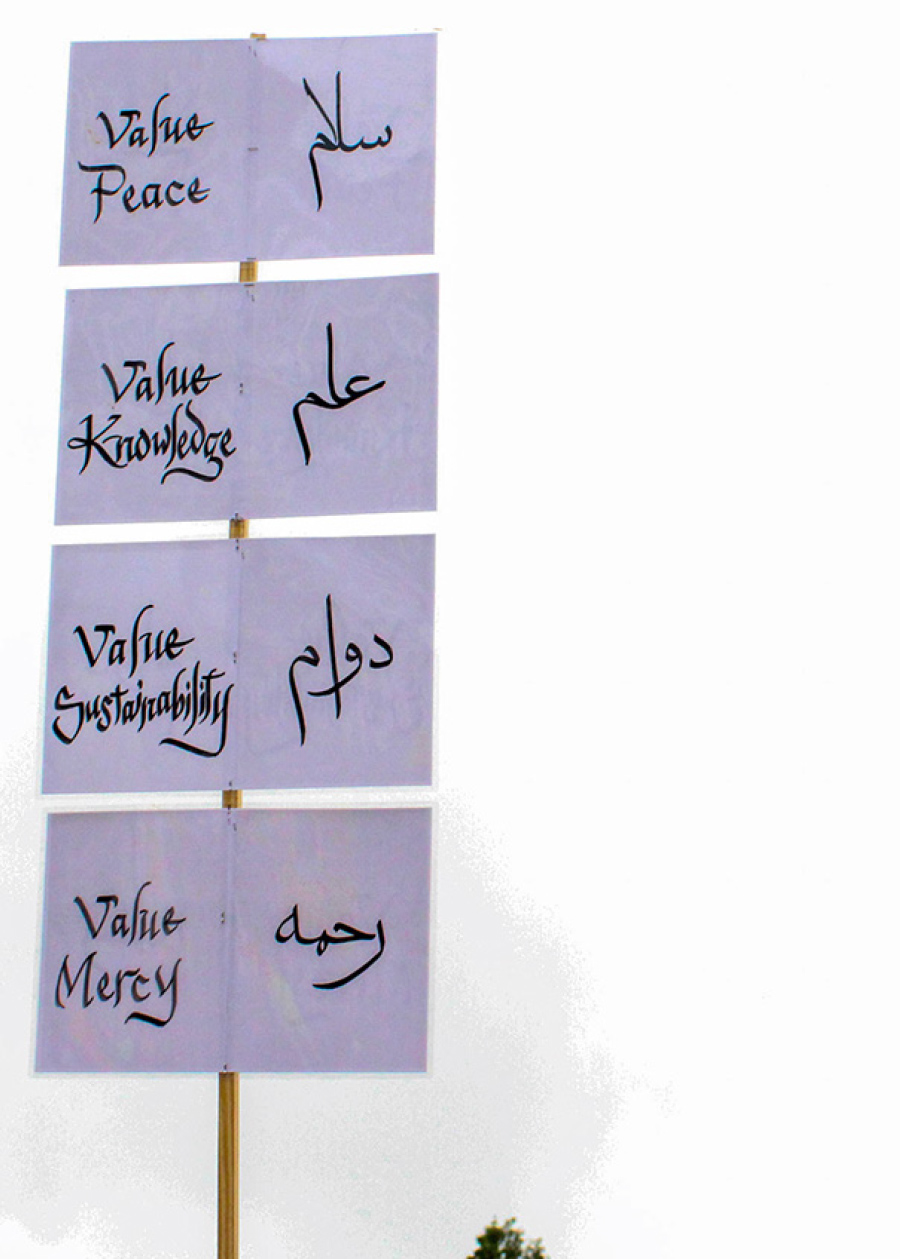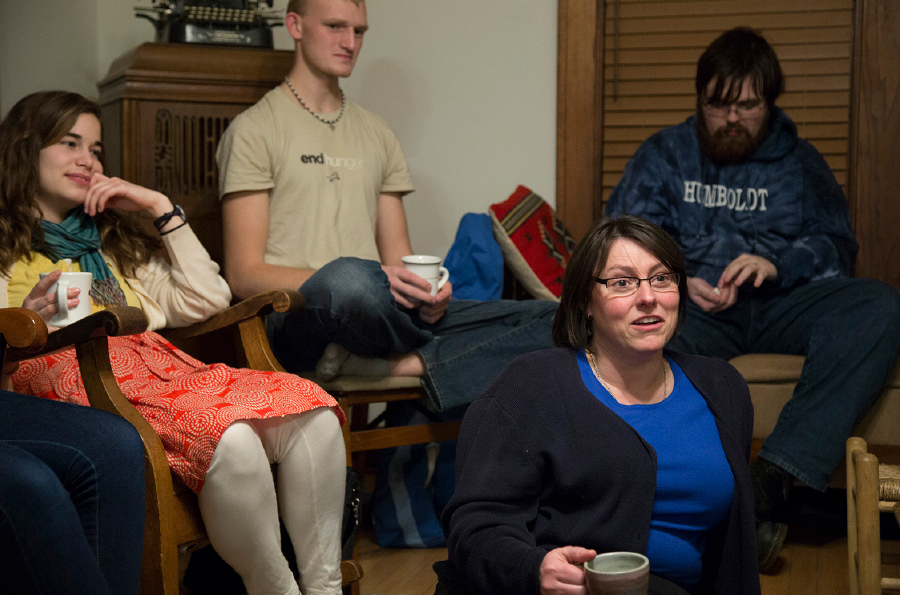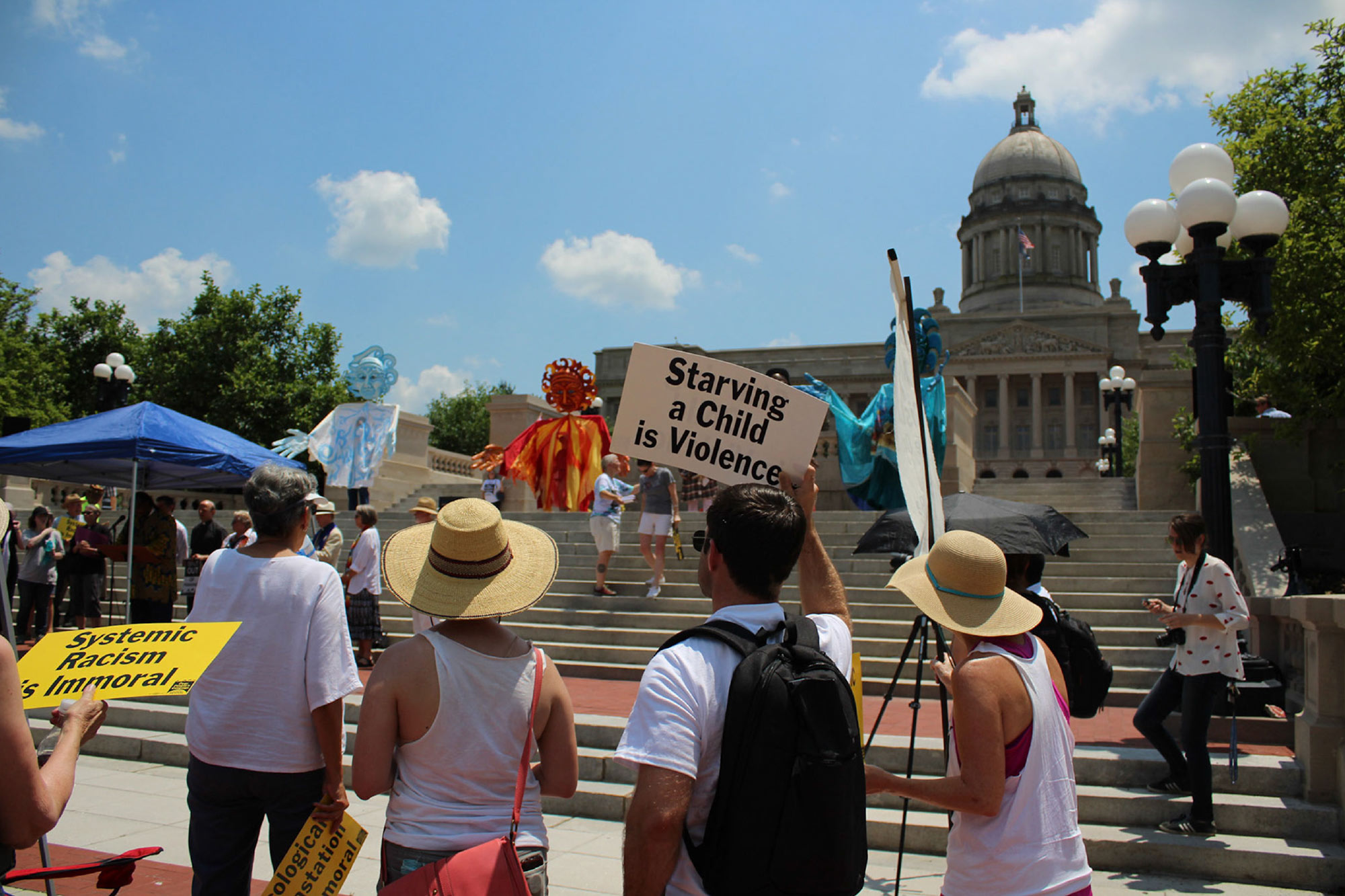
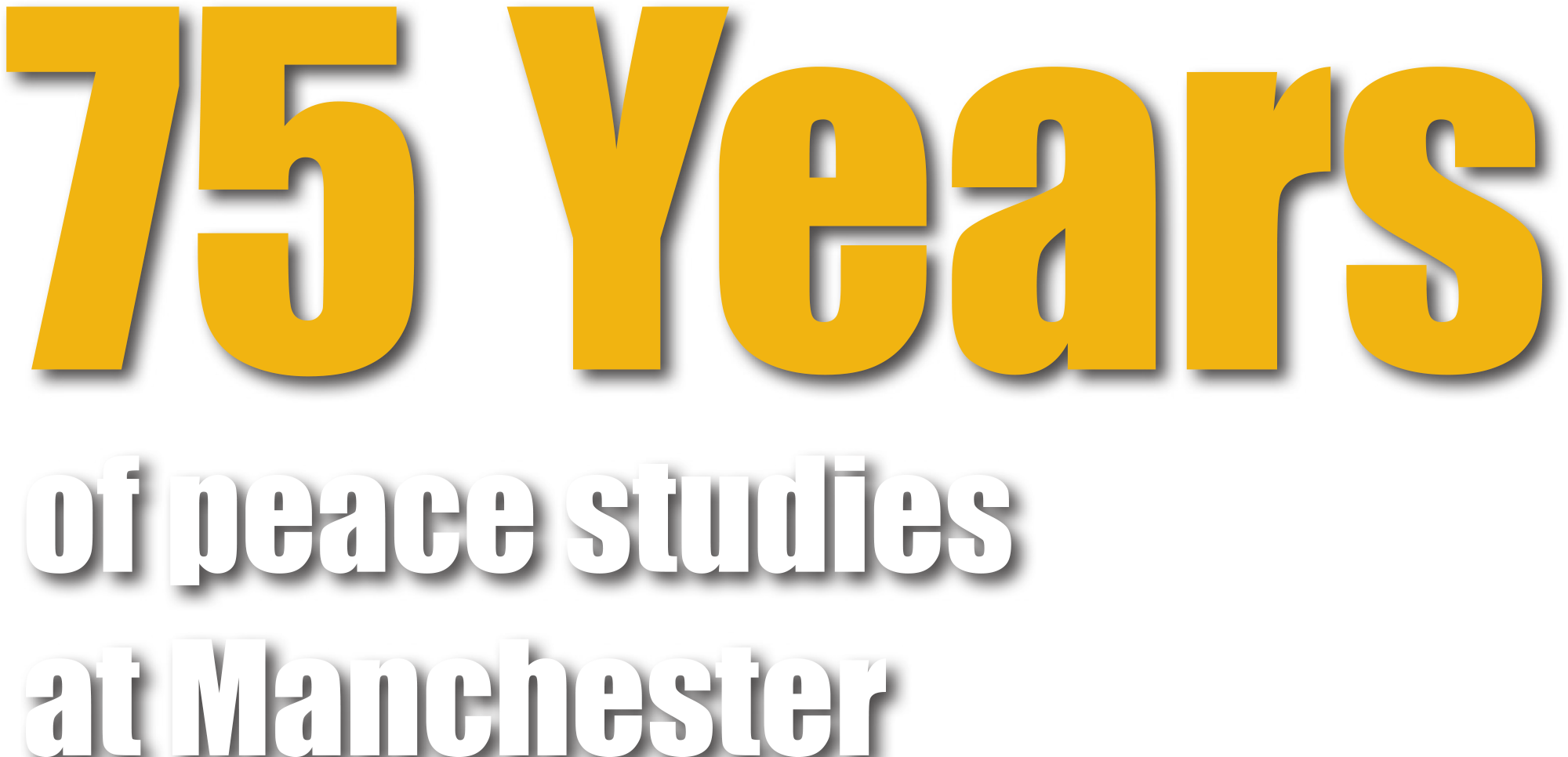
he legacy of peace studies at Manchester is long-standing. As the first undergraduate program of its kind in the world, it is an integral part of Manchester’s academic and extracurricular programming and activities, and it continues to reflect the University’s commitment to bettering the world.
Dan West, a Brethren farmer and conscientious objector, graduated from Manchester in 1917. The founder of Heifer International, a nonprofit organization dedicated to relieving poverty globally, and a key player in the founding of Brethren Volunteer Service, West returned to Manchester in 1947 to teach the first course – Bases for an Enduring Peace – in what would become the peace studies curriculum.
In 1948, President Vernon Schwalm ’13 invited LaVerne College history Professor Gladdys Muir to establish Manchester’s peace studies program.
“Muir based her pursuit of peace studies on her religious convictions of the sacredness of life and our essential unity as persons,” wrote Ken Brown, the late professor and longtime director of peace studies, in 2010. “She believed that what is needed most is not new technology but a spirituality that speaks to life’s purpose; and education that nourishes the soul for peacemaking rather than war. The task, she wrote, is something that colleges founded on faith could more appropriately do than can secular public universities. Manchester’s peace studies pioneer was a woman of broad ecumenical and cultural concerns. She appreciated the world religions and drew from their spiritual and moral wealth for peacemaking.”
Now, 75 years later, the Peace Studies Institute continues to thrive. As of Spring 2023, there are 14 students majoring in peace studies and 10 carrying minors. The program has taken on increasing campuswide responsibilities – bringing in speakers, orchestrating student events and, more recently, supporting religious life activities.
The program is also collaborating more closely with other academic programs and local partners.
Peace studies and environmental studies, which celebrated its 50th anniversary at Manchester in 2020, have spent the past several years collaborating on courses, community events and January session and alumni trips.
Last spring, the two programs worked together to organize the annual peace studies alumni trip to Toledo, Ohio. Students and alumni visited Junction Coalition, an organization focused on building safe and sustainable communities that develops programs to deal with housing abandonment and demolition, land use and redevelopment, youth safety and other local neighborhood needs.
This past January, students from both majors traveled to Florida and Georgia to study models of community resilience to climate change. There, they visited field workers in Immokalee, sustainable energy developments in Babcock Ranch, and environmental innovation efforts at ECHO, an organization that introduces sustainable plants, techniques and technologies to farmers around the world.
“Back in North Manchester, we are applying what we learned, breaking ground on campus foodscape projects and partnering with local groups on issues of food insecurity in our community,” said Katy Gray Brown ’91, director of the Peace Studies Institute and professor of peace studies and philosophy.
The Manchester Church of the Brethren has also partnered with peace studies for a number of events over the past several years. The church’s anti-racism film series that began in 2020 was organized with help from the program, primarily by former peace studies coordinator Virginia Rendler ’20. The series featured films centered on the history of racism in the United States that persists today, including Harriet, The Hate U Give and John Lewis: Good Trouble. The peace studies program also supported and helped organize local Black Lives Matter protests after the murder of George Floyd.
Since the beginning of the COVID-19 pandemic, peace studies has sent volunteers to help with Second Harvest Tailgates at the Church of the Brethren on the second Wednesday of each month, providing free food, drinks and other resources to community members.
In 2019, the program expanded both its curriculum and its extracurricular activities to more deeply address poverty and economic injustice. The new “Concerning Poverty” course is one of the most popular peace studies offerings. Because of this focus, the program has developed relationships with organizations working on housing and food insecurity in Wabash County.
To celebrate the program’s 75th anniversary, there will be events throughout the next school year, including a year-long focus on militarism, war and its abolition. At Homecoming 2023, the plaque – annually dedicated to a national, international or Manchester peacemaker – will be dedicated to conscientious objectors.
“While Manchester’s peace studies curriculum has changed since 1948, what remains steadfast is a countercultural critique of militarism and an opposition to violence in all its forms,” Gray Brown said. “Peace studies challenges the commonly held assumptions about the legitimacy and efficacy of violence and continues to stand by both the moral imperative and pragmatic power of nonviolence. As we mark our 75th anniversary, we celebrate the good work of our alumni and the remarkable community that this program has created.”
